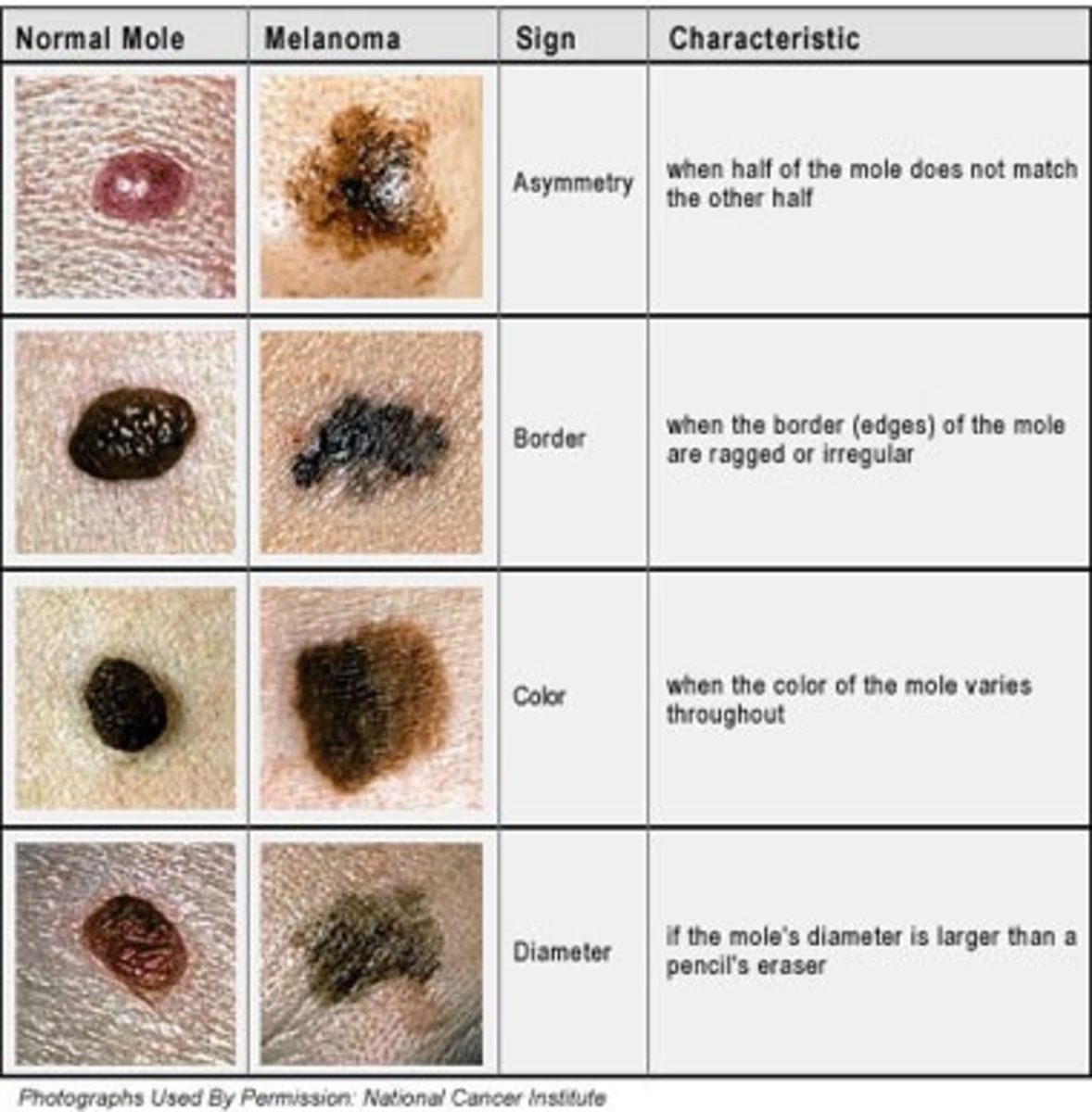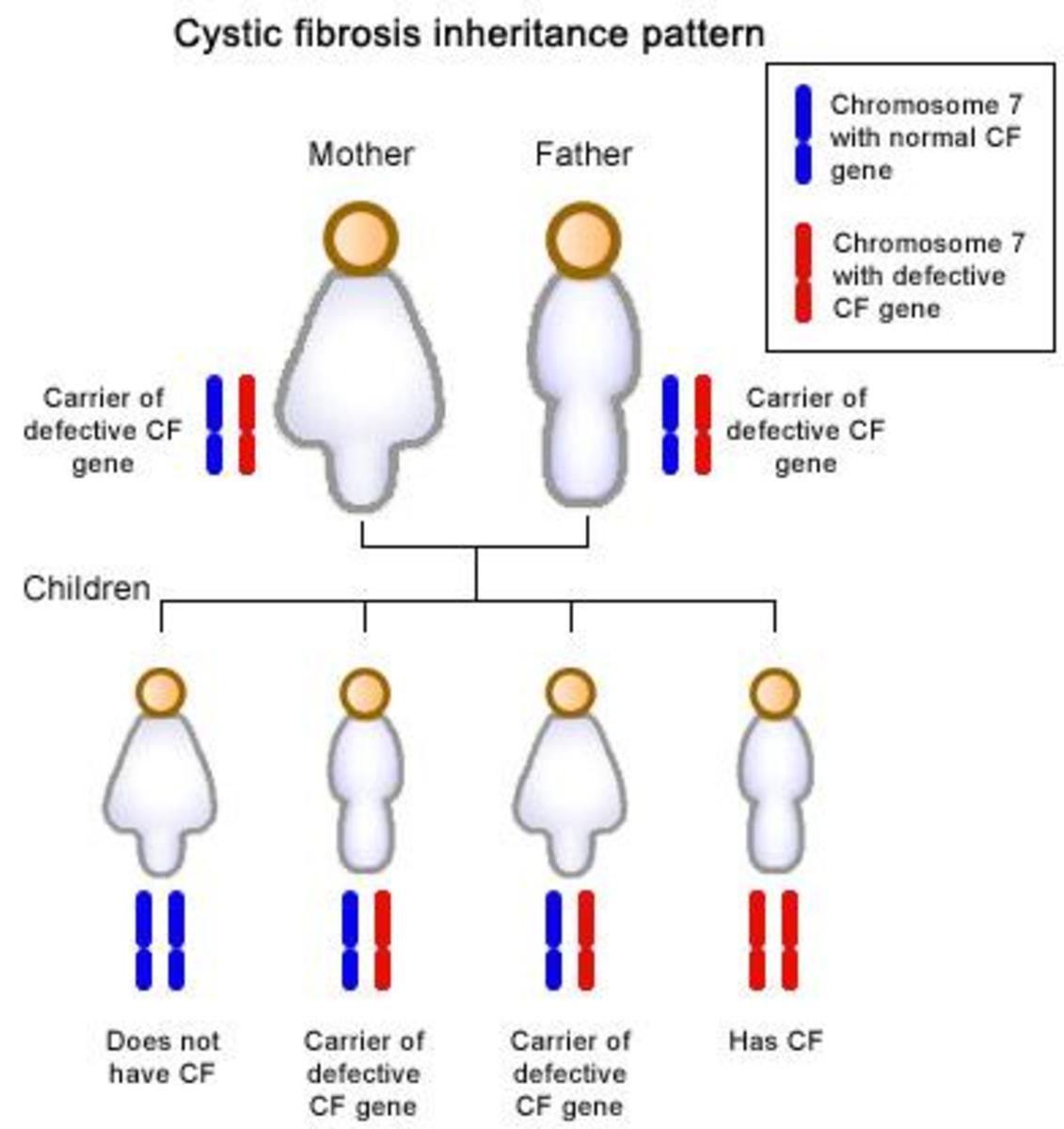Mesothelioma: Causes, Signs and Treatment
Mesothelioma is a disease in which cancerous cells are found on the mesothelium, a protective membrane surrounding most internal body organs. The mesothelium consists of two layers, one surrounding the organ immediately, the other giving rise to a sac around it. A lubricant is produced between both layers, making it more easier for certain organs to move against neighbouring structures.
Exposure to asbestos had been revealed to be the major cause of mesothelioma. As such, those working with asbestos will run a greater risk of contracting mesothelioma.
Secondary exposure to asbestos from family members working in places of high asbestos concentration and bringing with them back home the fibers settled on their clothings, skin and hair, accounts for a small percentage of mesothelioma patients.
Smokers exposed to asbestos are also more susceptible to developing mesothelioma than those who do not smoke.
What is Asbestos?
Due to its supposed resistance to temperature fluctuations, electrical and chemical damage, asbestos is used for a broad range of purposes, namely construction (especially during the World War II, at which point large quantities of asbestos were involved in the process of building ships to wrap and line the pipes, boilers, certain parts of the engine and turbine), as insulation for homes during the winter cold and for electrical appliances with a heating element as well, such as toasters, ovens, refrigerators, dryers.
Inhalation of asbestos fibers is commonly attributed to serious illnesses, namely malignant lung cancer, mesothelioma and asbestosis. Lung cancer occurs in the lungs themselves and is defined by the individualized nature of its tumor masses, making it easier to supplant all cancerous tissue within sight, whereas diffuse malignant mesothelioma is characterized by a large interlocking web of tumors invading a tissue area; in the case of pleural mesothelioma, the mesothelium lining the lungs, giving rise to a blurred, and eventually dissolved, boundary between the malignant and healthy portions of tissue, which is what makes treating mesothelioma all the more arduous.
Asbestosis is a type of pneumaconiosis due to asbestos inhalation. It is identified by the embedding of asbestos fibers into the inner lung tissue and the resultant scarring, leading to a condition delineated by hardened areas of lung tissue, known as fibrosis. Those areas will as a result be unable to carry out their roles in gaseous exchange.
Types of Mesothelioma
There are four types of mesothelioma:
- Pleural mesothelioma, the most common type of the disease, making up approximately 80% of all cases of mesothelioma. It afflicts the pleura, the protective membrane surrounding the lungs. Symptoms include chronic chest pains, chronic coughing, fever, weight loss.
- Peritoneal mesothelioma, occuring in the stomach's peritoneal membrane, and accounting for about 20% of cases of mesothelioma. Symptoms include abdominal pain, night sweats, weight loss, nausea, fatigue, anaemia.
- Pericardial mesothelioma, found in the pericardium lining the heart. accounting for only about 5% of cases of mesothelioma, with approximately 150 reported cases in medical literature. Symptoms include chest pains, chronic coughing, irregular palpitations (arrthymia), fatigue, night sweats, difficulty in breathing (dyspnea).
- Testicular mesothelioma, the rarest kind of the disease, occuring in the tunica vaginalis lining the testis. Till now, no recognizable symptoms could be found on those afflicted by testicular mesothelioma.
Statistics
Approximately 2000 to 3000 cases of mesothelioma are noted every year in the United States.
Three times more men are prone to contracting mesothelioma than women,considering occupations involving work with asbestos namely plumbers, welders, construction workers, power plant workers consist mostly of men.
The latency period of mesothelioma, in which no symptoms of the disease could be observed, is about 20 to 50 years.
Due to its exceptionally long latency period, mesothelioma is diagnosed at an average age of 50 to 70 years.
The relative 5-year mesothelioma survival rate, defined as the percentage of patients who managed to survive 5 years after being diagnosed with mesothelioma, is approximately 9%
Treatment of Mesothelioma
Considering there is virtually no known cure for mesothelioma at present, most patients resort to traditional treatments which include:
- Surgery: Surgical removal of the mesothelioma tumor.
- Chemotherapy: Involves usage of chemical substances to alleviate the pain endured by the mesothelioma patient.
- Radiotherapy: Usage of high-energy radiation to eradicate targeted cancer cells.
One or a combination of two of the treatments listed above (in other words, a dual therapy) may be prescribed to treat mesothelioma as a means of both removing the cancer cells as well as lowering the disease's likelihood of recurring by destroying any remaining cancer cells.








